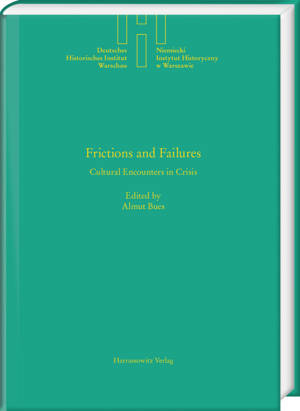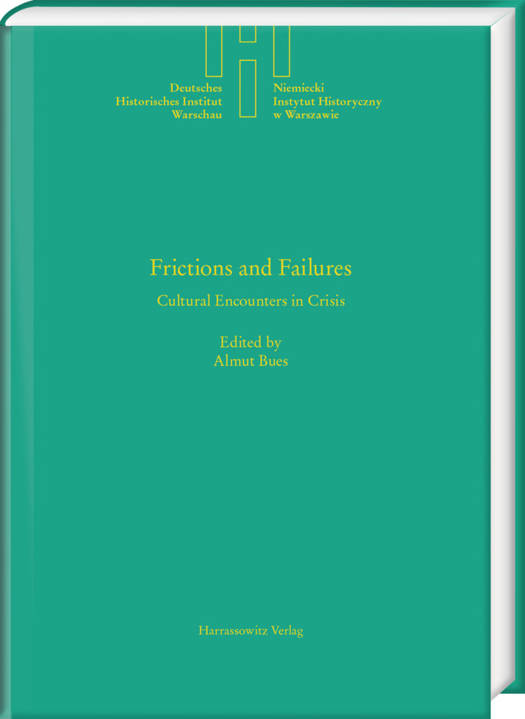
- Afhalen na 1 uur in een winkel met voorraad
- Gratis thuislevering in België vanaf € 30
- Ruim aanbod met 7 miljoen producten
- Afhalen na 1 uur in een winkel met voorraad
- Gratis thuislevering in België vanaf € 30
- Ruim aanbod met 7 miljoen producten
Zoeken
Frictions and Failures
Cultural Encounters in Crisis
€ 135,45
+ 270 punten
Omschrijving
The conference volume Frictions and Failures: Cultural Encounters in Crisis focuses on those dynastic marriages which ran into difficulties of various kinds, and examines a wide range of cases in order to determine what caused these problems. Conflict situations could easily arise from the queen consort's presence at her new court. These conflicts might be religious (consorts were often of a different faith from that of their husband and new country), personal (rivalries with mistresses or favorites), diplomatic, or political. The case studies elucidate what these frictions tell us a) about the specific context in which they occurred, and b) about the problems, limitations and challenges of cultural transfer in general. The volume also considers (in a broader sense) whether success and failure are adequate and helpful terms in assessing the impact of the queen's consort. The geographical range of the territories discussed covers not only West and Central Europe but extends to Hungary, Lithuania, Muscovy, and Russia. This is particularly valuable as it helps to take orthodox consorts into consideration, as well as the elective monarchy of Poland, in which the role of the consort is, by definition, different from that of a consort in a system of dynastic succession.
Specificaties
Betrokkenen
- Uitgeverij:
Inhoud
- Aantal bladzijden:
- 229
- Taal:
- Engels
- Reeks:
- Reeksnummer:
- nr. 34
Eigenschappen
- Productcode (EAN):
- 9783447107365
- Verschijningsdatum:
- 22/03/2017
- Uitvoering:
- Hardcover
- Formaat:
- Genaaid
- Afmetingen:
- 170 mm x 240 mm
- Gewicht:
- 127 g

Alleen bij Standaard Boekhandel
+ 270 punten op je klantenkaart van Standaard Boekhandel
Beoordelingen
We publiceren alleen reviews die voldoen aan de voorwaarden voor reviews. Bekijk onze voorwaarden voor reviews.






